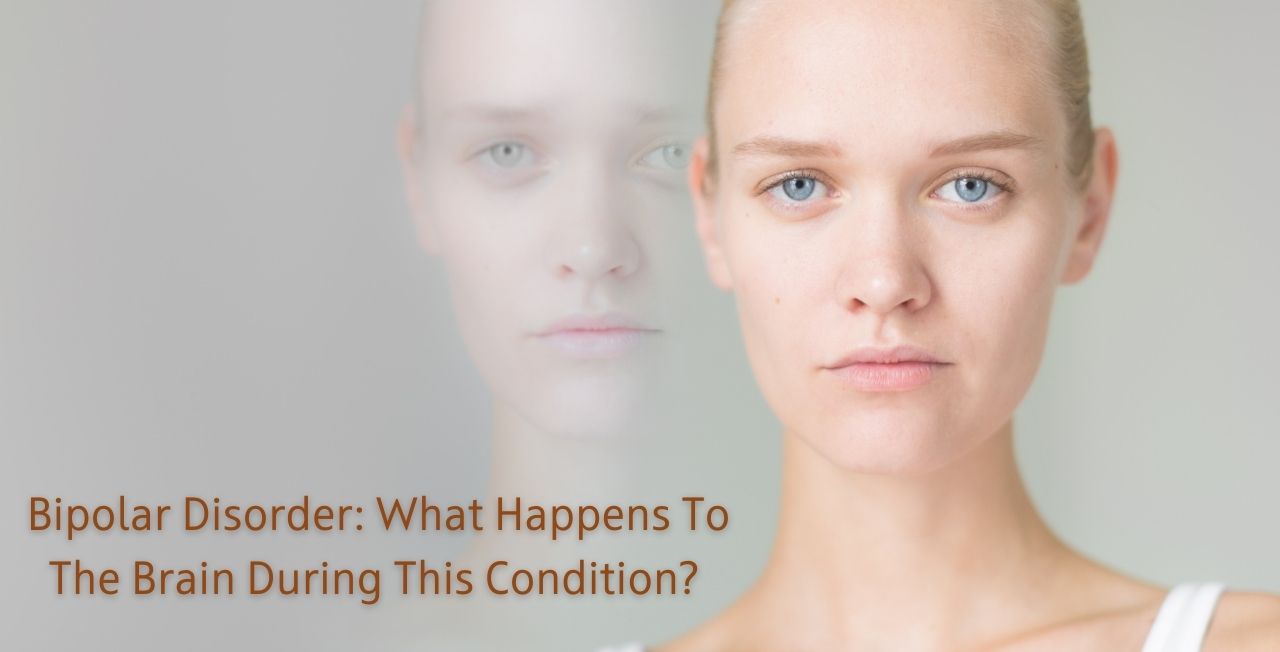We all know the extreme mood swings that a person experiences in bipolar disorder. But do you know what exactly happens in the brain that results in this?
Most people have heard about bipolar disorder and have a rough idea of what it exactly is. It is a cyclic mood disorder, where a person experiences manic as well as depressive episodes. Here’s a detailed checklist of this disorder that you can checkout. But have you ever wondered why exactly does a person suffer from this disorder? What causes him/her to experience such extreme mood swings? We are here to explain the neuroscience behind the same.
What happens in the brain during bipolar disorder?
Most mental illnesses occur due to abnormal activity patterns in the brain, including bipolar disorder. When there’s not enough blood flow to the frontal region of the brain, known as the PFC (prefrontal cortex), it could lead to an imbalance in the brainwaves. Another major reason which not many people know and could be surprised knowing is a traumatic brain injury.
Brain scans of certain clients suffering from bipolar disorder have shown them having experienced a brain injury that they are not even aware of.
Most of these brain injuries go undiagnosed and the hidden trauma from the same remains, even though the injury could have taken place months, years, or decades ago. Some of the most common injuries include falling off a bike/ladder or stairs, sports-related concussions, or vehicle accidents.
A brain injury can worsen the ups and downs that a person experiences during bipolar disorder. Healing the damage caused by brain injuries can be helpful in reducing the symptoms associated with bipolar disorder.
Misdiagnosis of bipolar disorder
Many-a-time, people suffering from bipolar disorder are diagnosed with either depression or even schizophrenia. This can be extremely harmful to their mental health in the long run, with them not receiving adequate treatment. It can worsen the symptoms, eventually making them suicidal and reducing their life expectancy.
How brain training can help reverse the condition
The good news is that bipolar disorder is manageable with therapy, medication as well as brain training. The condition may not be reversible but the symptoms can certainly be reduced and managed. With brain training technology Neurofeedback, the imbalance in your brain’s brainwaves can be reduced. This technology gets rid of old, rigid neural pathways that your brain is operating from and gives rise to new, desirable brainwaves.
To learn more about this, visit https://wetrainbrains.com/



